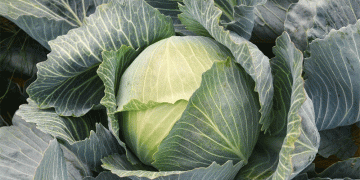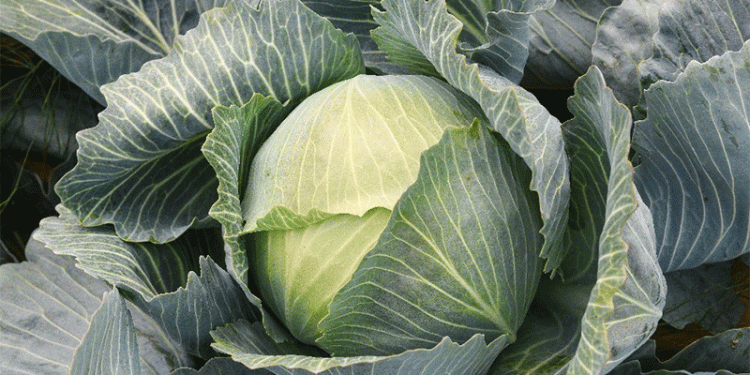Cabbage, a long-standing staple of global agriculture, is receiving renewed scientific acclaim for its exceptional nutritional density. Recent commentary from medical professionals, including therapist Anastasia Yakimova of the Krasnogorsk Hospital, positions cabbage as the “most useful autumn product,” a claim strongly supported by agronomic and nutritional data. This recognition underscores the crop’s significant value beyond bulk yield, highlighting its role in functional foods and preventative health.
The most cited statistic is its remarkable vitamin C (ascorbic acid) content. Contrary to popular belief, cabbage is a richer source than citrus fruits like lemons. Per 100 grams, fresh cabbage can provide up to 70% of the recommended daily intake of vitamin C, a crucial antioxidant that supports immune function and collagen synthesis. But its nutritional portfolio is far more extensive. Cabbage leaves are also abundant in Vitamin K (essential for blood clotting and bone health), B vitamins, organic acids, and potent phytoncides—naturally occurring antimicrobial compounds that help plants fight disease and offer benefits to human consumers.
Perhaps most intriguing for agricultural product development is the validation of its traditional medicinal uses. As Dr. Yakimova noted, while not a substitute for medical treatment, modern research confirms the anti-inflammatory properties of cabbage juice. A 2022 systematic review in the Journal of Ethnopharmacology found compelling evidence for bioactive compounds in Brassica species (like glucosinolates and anthocyanins) that modulate inflammatory pathways in the body. This scientific backing transforms cabbage from a simple vegetable into a source of valuable nutraceuticals.
For the agricultural sector, this medical endorsement is a powerful market signal. Consumer demand for health-focused, “functional” foods is rising rapidly. A report by Food Insight in 2024 indicated that a majority of shoppers now actively seek foods that offer benefits beyond basic nutrition. Promoting the specific health attributes of cabbage—its vitamin density, anti-inflammatory potential, and microbiome-supporting fiber—can enhance its perceived value, differentiate products in the marketplace, and potentially open new revenue streams in the health and wellness sector.
The medical community’s spotlight on cabbage validates what agronomists have long cultivated: a resilient, high-yielding, and incredibly nutritious crop. This convergence of agricultural science and nutritional medicine presents a clear opportunity. For farmers, breeders, and agricultural engineers, the focus should now expand beyond tonnage per hectare to include the breeding and promotion of varieties with enhanced bioactive compound profiles. By leveraging this scientific narrative, the agricultural industry can strengthen the market position of cabbage, educate consumers on its proven health benefits, and champion it as a cornerstone of a sustainable and health-conscious food system.































